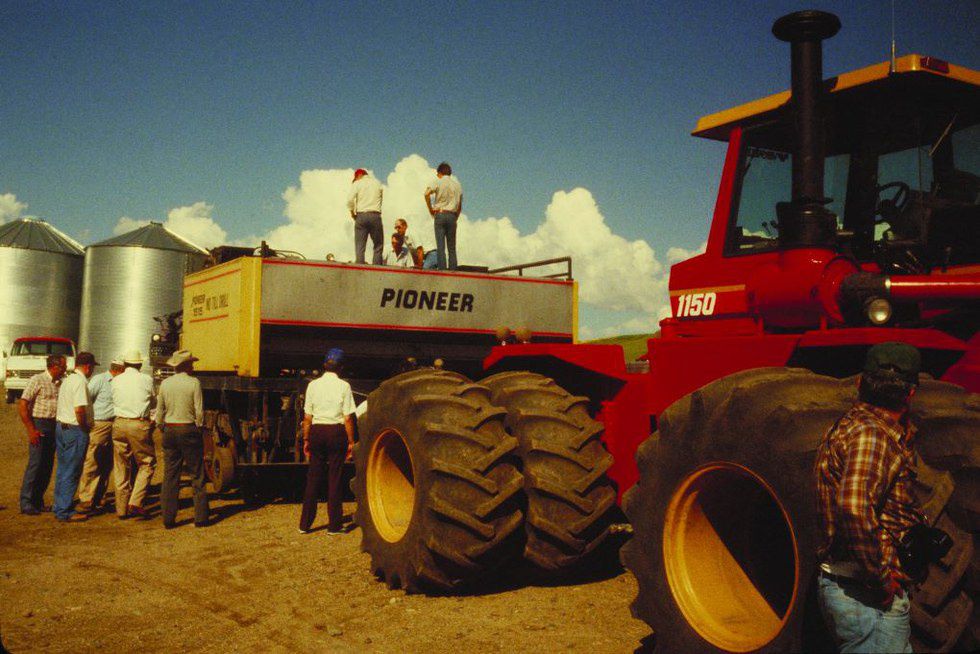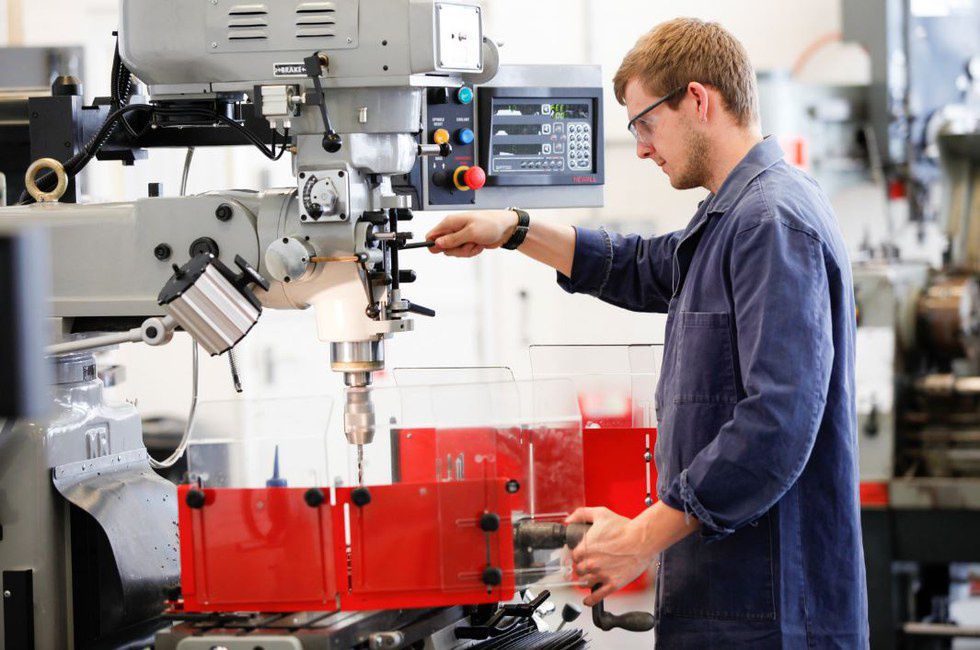Students need to be prepared for the demands of society. The twenty-first-century trends are focused on science and technology. It is important to remember, however, that these large fields get pigeon-holed into a smaller scope. With an entrepreneurial spirit and a solid knowledge of the foundations, students can develop beyond narrow definitions.
Five 21st Century Careers
Growing Computer Dependency
Personally and professionally most individuals have a growing computer dependency. This need spans beyond the use of daily search engines and typing programs. The interest in web design and the development process behind the designs involves coding. Writing the code for a basic web page morphs quickly into a more completed interactive design. More complicated is the process of software engineering, for which there is an ever-increasing demand. With big data and analytics taking over every sector of the business world, this demand isn’t going anywhere soon. Today's students need to understand coding vocabulary, at the very least.
Nursing Hierarchy
As the boomer generation ages out of their working years, the shortages in the medical field become greater. Within the nursing hierarchy, students can enter as a certified nursing assistant (CNA) and continue their education (or not) to the BSN or MSN level of nursing. It is important to have nurses at each level to fill the division of labor at the nursing station.
Everyone Wants to Get Paid
Regardless of the employer size, private or public, or the industry, there must be a payroll department. Payroll is a type of accounting that ensures payment to the employee and payment for the deductions such as taxes. This skill can become more specialized over time with knowledge of taxes and certified payroll for federal jobs.
Keeping it Green with Agriculture
Increased population and urban sprawl have increased the size of several cities. Careers that focus on the use of space and specifically green space are in demand. Agriculture is not just about farming. This important field of study addresses food safety, water, and crop rotation. Exploring food production in both large and small spaces is a need.
The ABCs of Engineering
Infrastructure, medical technology, and irrigation systems all require engineering. The need for engineers in the twenty-first-century continues to grow. This analytical career taps into the creative with innovation. All fields of engineering start with a strong mathematics foundation and incorporate problem-solving skills.
Mike Rowe’s stinging criticism of the current state of education rings true: “We are lending money we don’t have to kids who can’t pay it back to train them for jobs that no longer exist.” Some argue that the purpose of education is not to train students for jobs at all but rather to expand their horizons and teach them how to learn. But the reality is that education has become too expensive for those objectives to make sense. There are more cost-effective ways of challenging perspectives, and if we are going to be dropping $50k on an education, I think it’s reasonable to expect a financial return on that investment.
So maybe the best education isn’t a wide set of arbitrary disciplines without real world application that need to be mastered. Maybe the best education is a set of real-world problems that need to be solved, and the techniques, habits, patterns, and knowledge that students need in order to solve them. The private sector is doing a great job of telling us what those problems are. Are we listening?






























